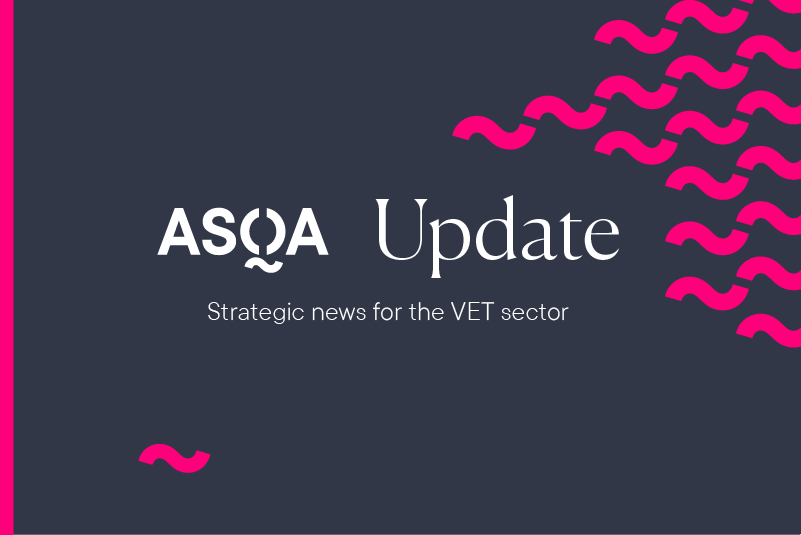All states and territories across Australia have reached a unanimous agreement declaring the NSW General Emergency (Blue) Zone varroa mite free.
Minister for Agriculture Dugald Saunders said the agreement means states will reopen their borders in the coming weeks for the movement of bees and hives for pollination.
“This is a significant step in the fight to eradicate the mite, and for our beekeepers and pollination-reliant industries that have done it tough over the past seven months,” Mr Saunders said.
“I want to thank them because it is their diligence in reporting and testing their hives and Department of Primary Industry’s (DPI) strong surveillance work that has put us in the position we are today.
“It’s also testament to the NSW Liberal and Nationals Government’s response to the varroa mite incursion that other jurisdictions are satisfied the outbreak has been well contained.
“But this is not the time for complacency; now more than ever, we need beekeepers to make sure they continue to do the right thing and maintain their alcohol wash surveillance so we continue to move in the right direction.”
The Consultative Committee on Emergency Plant Pests (CCEPP) recently endorsed a paper presented by NSW providing epidemiological data supporting the proof of freedom requirements.
NSW will now work with South Australia, Victoria, and Queensland to develop a set of conditions to facilitate inter-state movement.
Australian Honey Bee Industry Council CEO Danny Le Feuvre said this is a major milestone for the response and the beekeeping industry.
“While the industry will continue to be impacted by the varroa mite’s incursion, endorsement of this paper is a critical step forward in achieving business continuity, as best we can, for the industry,” Mr Le Feuvre said.
“Endorsement of this paper demonstrates the confidence all the affected parties have in the response. It gives us great confidence that eradication is achievable in the current situation.”
The response included surveillance on around 32,000 hives with beekeepers completing alcohol washes on more than 85,000 hives.
Beekeepers in the blue zone are reminded they can only move their bees or hives if they fill out a hive movement declaration.
There are no changes to rules in the eradication (red) zone or surveillance (purple) zone and all beekeepers must ensure they are aware of the requirements for each zone as non-compliance can result in significant penalties and fines.
It is also mandatory for all beekeepers to carry out alcohol washes at least every 16 weeks and to report these results to DPI by filling out the online form







